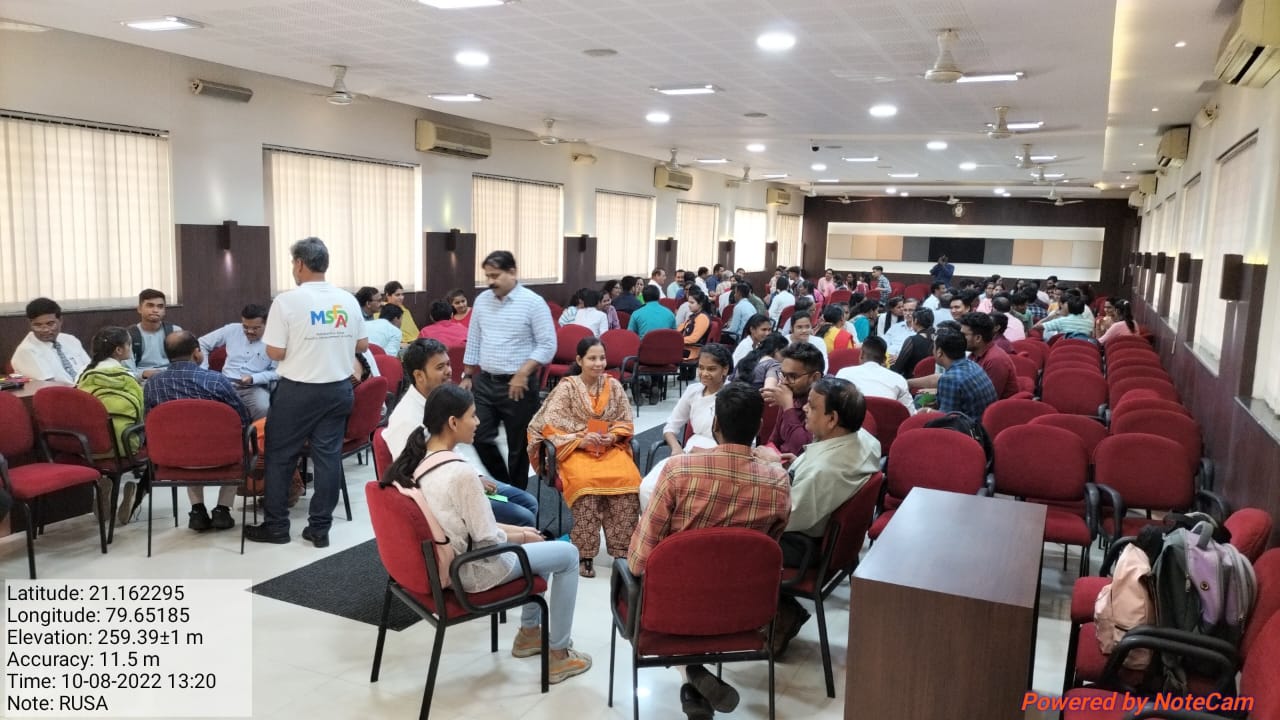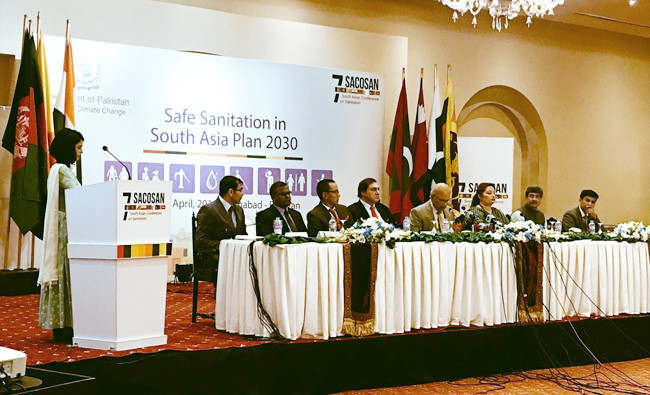Happened to see a documentary on Israel’s success in agriculture.
While it enlightened on Israel’s success story, it also evoked thoughts on drawing parallels with the situation back home. I was in Jalna recently, where I interacted with some farmers. We did a participative exercise with them, asking them to chalk out five key issues bothering them ! As I noted, the list went on to 28, with many of them narrating their experiences in wet eyes.
Israel displayed missionary zeal to fight all hardships – little arable land, lack of resources, lack of traditional knowledge of farming. The crisis brought out the best in them. Back here, perhaps the crisis has become so chronic, that it takes on the form of a big morcha to raise their voice. Surprisingly, the issues of farmers are not in the public space – a similar participative exercise with sarpanches brought out issues like water, drains, community hall etc., but no issue of farmers. When all of them are farmers !
There is mechanisation in Israel, here, we are still struggling with low cost machines (if they are, they are not widespread enough) to reduce drudgery of women. Community feeling there seems to be an asset – villages back here are getting increasingly divided on caste and sub-caste lines. Thankfully, the cooperative spirit amongst farmers survives. Dr Nandu Mhaske from Warud, Jalna – called ‘doctor’ because grape farmers from far wide (and even agriculture university professors) call on him for problems of grape farming – he can look at a grape farm and diagnose the disease – has taken his mission to help out other grape farmers in distress. In fact, he takes only worst cases ( like Dr House !) , as a challenge, borrows one year from the farmer in distress, to revive his farm. Himself educated till 4th – he was helped by another slightly more educated farmer Kshirsagar from a neighbouring Kadwanchi village. Kshirsagar read literature on grapes and started on his own. Having failed for four years, Nandu did not leave hope, and finally succeeded. They together told ten others, those ten, ten others … and this chain is increasing. There is some government help – they have a village pond, but also exploitation – they had to ( they say everyone has to !) pay a bribe for installation of a transformer. The MRP on pesticides means nothing – he said, dealer can levy any rate, less or higher.
Water came and their problem solved. This village benefitted from Kadwanchi watershed project. Number of villages with complete quality watershed projects in Maharashtra/India may be counted on fingers – when this one thing is the game changer ! ‘Jalyukt Shivar’ ( a water conservation scheme of Maharashtra) works have shown water collection – though principles of ‘soil conservation first, then water’ and ‘head to tail treatment’ would have yielded sustainable results. And talking of water, do we not know of paradoxes of sugarcane in water deficient areas !
Israel gets labour from Thailand. Here, farmers say labour is not available at all ! ‘Too cheap foodgrains from PDS has not left need for them to work !’ they say. Such are the paradoxes of development here, balancing the welfare of different groups.
At the root of all these problems is perhaps lack of dignity to the farmer. No one is willing to marry his daughter to a farmer – a peon in government job is considered much better ! At storage place in APMC, the traders’ material is kept first, and the response to farmers is of dilly-dallying , giving reasons of lack of paers etc. The farmers say, it is difficult for them to run from pillar to post for papers. They even face difficulty in Aadhaar linking, ostensibly simple. The bankers’s response to them is too well known.
The tribals’ situation might be worst. When Forest Rights Act came I was Collector Raigad. I know the amount of effort that was to be put in, to extend the rightful claim to them. The people who wake up at 2 am and go to sell vegetables at 4 am in the morning will fill up claim forms ? And only using the powers of Collector, we could make available so many old records with forest department and earlier revenue records that could support their claims. My SDMs and Tehsildars spent nights on hills with tribals to fill up their forms !
Farmers like Nandu Mhaske shine like bright spot even in dismal situation. Another farmer Bhagwan Mhatre ( earlier a social worker with an NGO that worked in water conservation) made a farmer group for internal loaning, got a godown under NABARD scheme, got drip irrigation for his entire village , made water management committee and did water conservation works – and his village has greatly benefitted now. But other than these personal superefforts, an average farmer faces problems of water, electricity, assured return (they were recommending price stabilisation system of Madhya Pradesh ), environment (hails recently destroyed their standing crop), farm roads, destruction of crops by wild animals ( what is official policy/ solution for this ?) ,loans (say, give loan as per land value), labour, red tapism, casteism in agricultural schemes and many more !
Israel’s story, on the face of it, seems to be about mechanisation. In some way, it may also be about passion, patriotism and lack of corruption.



dear Nipun
your analysis is quite good. there are many dimensions to this issue. during my pgppm program at IIM Banaluru, i reasearched on Value addition of farm produce and submitted dissertation. small interventions like improved crop specific cultural practices, cleaning, grading, storage, processing (not on very high scale but like deshelling ground nuts and selling nuts or further salting may increase returns from 15 to 300%), organic farming etc can give sbstantially more returns, but we will have to do that sincerely. NGO’s can do that more effectively than Govt and as you rightly observed, peer learning is much effective.
🙂
Very well written with observations.